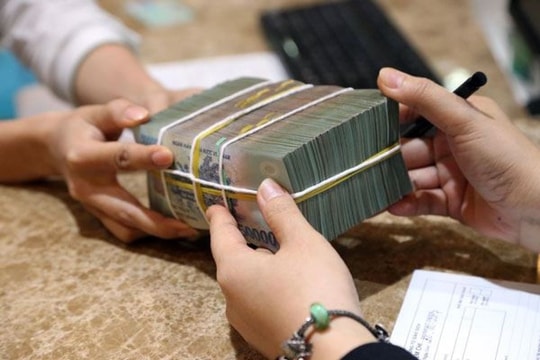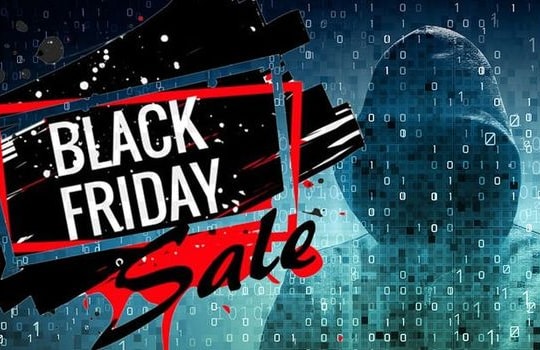Buying without invoice: 'Disgraceful' when having disputes or complaints
No invoice means the consumer has no proof of transaction and in case of dispute the consumer may be denied.
Invoice (value added tax invoice, red invoice) is not only a document showing the price of products/services (generally called goods), but also a document to record the business's transaction sales and is evidence proving that consumers have purchased goods from the seller.
However, in reality, sellers do not always provide invoices to consumers, and at the same time, some consumers often do not have the habit of asking for or even not storing invoices when provided. This has caused many disadvantages for consumers in cases of warranty, complaint, and dispute resolution.
The Competition and Consumer Protection Department (CT&BVNTD) recently received a case of consumer A buying a refrigerator at electronics supermarket X. The supermarket staff only provided the consumer with instructions for use after purchase.
 |
| If a consumer purchases goods without a receipt, the consumer may be denied a settlement if a dispute or complaint arises. |
After using for 2 months (within the warranty period), the refrigerator broke down. When contacting the electronics supermarket, the consumer was denied warranty on the grounds that consumer A's product was not related to the supermarket. Consumer A went back to find the invoice and warranty card and discovered that when purchasing the product, the staff did not provide the above documents to the consumer.
Or, as in the case of consumer C, who complained and asked for advice about having dinner at restaurant Z. When paying, the restaurant only issued a receipt to the consumer (which included 10% VAT). The consumer asked the restaurant if he could deduct 10% VAT if he did not take the red invoice. The restaurant said that in all cases, the consumer must always pay the tax, even if he did not take the invoice.
"Thus, if consumers do not take the invoice, the restaurant can completely not issue an invoice. The 10% tax will therefore not be paid into the state budget according to regulations," said the Department of Taxation and Protection of Consumer Rights.
The consumer protection agency believes that not having an invoice means that consumers have no proof of the transaction. In case of disputes or complaints, consumers may be rejected. This also causes difficulties for the consumer protection agency in resolving disputes and complaints, especially in cases of electronic product warranties, food issues, etc.
In addition, the seller's behavior of not providing invoices contributes to reducing transparency and fair competition in the market; the seller's behavior of not providing invoices causes the State to lose tax revenue.
According to this agency, in the face of the fact that both sellers and buyers ignore invoices, an urgent requirement is to end this situation. However, in reality, the change must come from the consumers themselves. Consumers need to know that invoices are a right to enjoy after-sales policies, and are the first evidence in resolving complaints.
Responding to a recent National Assembly question, Finance Minister Dinh Tien Dung also said that according to current regulations, sales of goods over 200,000 VND must issue invoices. If the buyer requests less than 200,000 VND, the seller must still issue invoices. If the seller does not issue invoices or collects an additional 10%, it is the seller's regulations. According to him, it is necessary to promote strongly so that consumers get into the habit of getting invoices when making purchases.
Regarding solutions, according to the Minister, the tax sector is reviewing tax laws, developing a decree on electronic invoices and documents to implement in 2018 for the entire economy. Coordinate with provinces and cities to deploy electronic invoice models, connect information on retail invoice management, promote cashless payments. At the same time, promote consumer propaganda to get invoices./.
According to VOV








